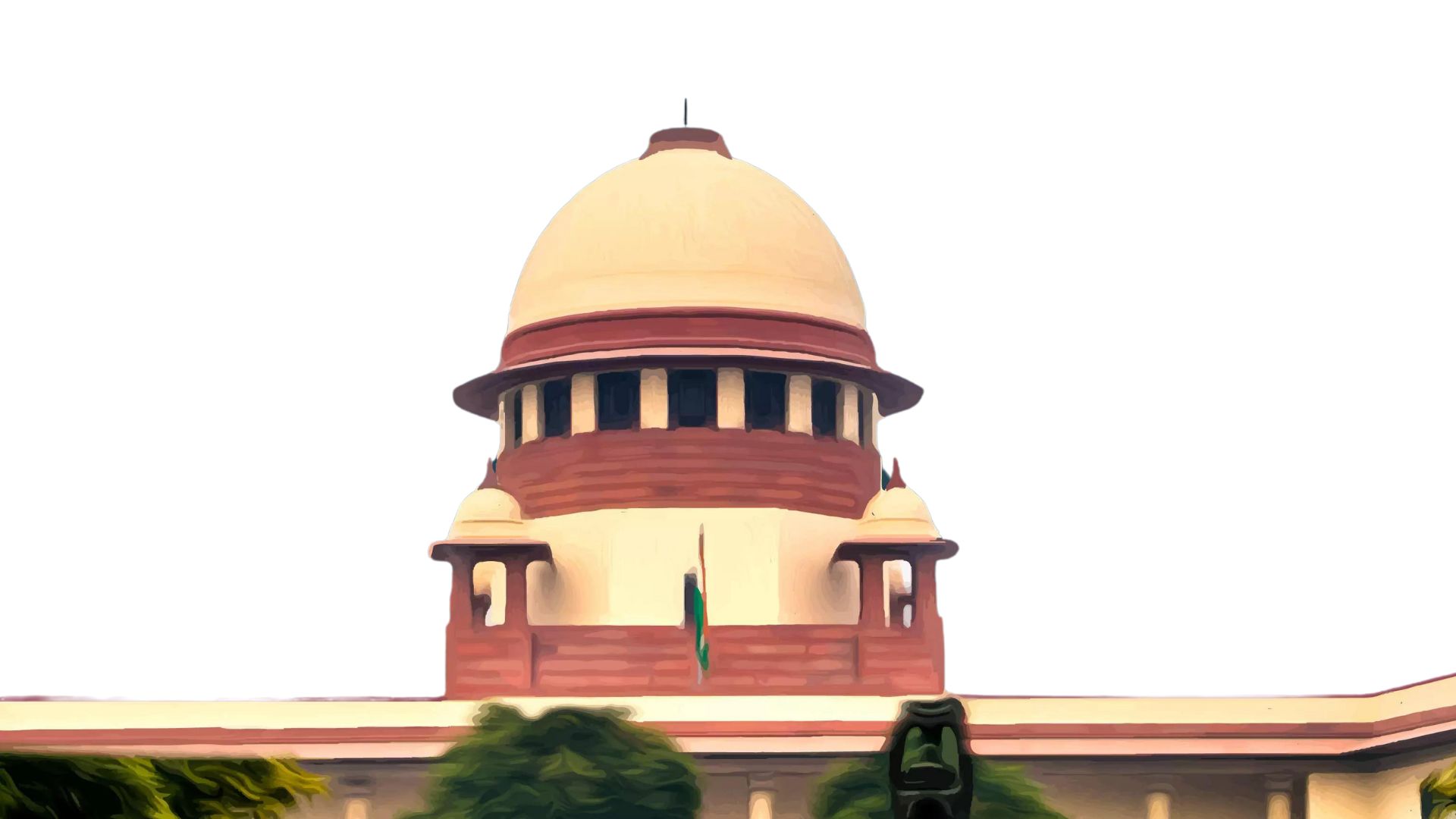
01 May Trade Bodies Challenge New Income Tax Provision for Micro, Small Enterprises in Supreme Court

Introduction
The recent move by three prominent trade bodies to challenge a new income tax provision related to payments to micro and small enterprises has sparked significant debate and scrutiny. This article delves into the intricacies of the issue, highlighting the implications of the amendment and the arguments presented by both sides.
Background of the Income Tax Amendment
The amendment in question, which came into effect for the assessment year 2024-25 starting April 1, 2024, addresses the timing of payments to micro and small enterprises within the Income Tax Act. Its primary objective is to ensure timely payments to these enterprises, thereby supporting their financial stability and growth.
Petitions Filed by Trade Bodies
The Federation of All India Vyapar Mandal, Federation of Madras Merchants and Manufacturers Association, and Confederation of West Bengal Trade Associations have filed petitions challenging the amendment. They argue that the new provision unfairly impacts their ability to conduct business and violates their fundamental rights.
Analysis of the Amendment
The amendment inserts a new clause (h) in Section 43B of the Income Tax Act, stipulating that any sum payable by the assessee to a micro or small enterprise beyond the time limit specified in Section 15 of the Micro, Small and Medium Enterprises Development (MSMED) Act 2006 shall be allowed as a deduction only on actual payment.
Violation of Fundamental Rights
The trade bodies contend that the new clause infringes upon their fundamental rights, particularly Article 19(1)(g) which guarantees the right to carry out business on their own terms. They argue that granting buyers credit periods exceeding 45 days undermines their autonomy and financial stability.
Impact on Micro and Small Enterprises
The provision’s implementation poses significant challenges for micro and small enterprises, affecting their cash flow and operational efficiency. Delayed payments can disrupt their business operations and hinder growth prospects, exacerbating existing challenges faced by these enterprises.
Government’s Justification
While the Finance Ministry has defended the amendment as a measure to promote timely payments to micro and small enterprises, it has faced criticism from trade bodies. The government maintains that the provision is essential for enhancing transparency and accountability in financial transactions.
Legal Considerations
Legal experts are divided on the legality of the amendment, with some questioning its constitutionality and others supporting its intent to protect the interests of micro and small enterprises. Interpretation of relevant laws and precedents will play a crucial role in determining the outcome of the legal challenge.
Historical Context
The amendment reflects ongoing efforts to address longstanding issues related to delayed payments to MSMEs. Previous regulations and initiatives aimed at supporting the growth of these enterprises provide valuable context for understanding the current scenario.
Response from Finance Minister
Finance Minister Nirmala Sitharaman has reiterated the government’s commitment to supporting MSMEs in timely receipt of payments. The proposed deduction for expenditure incurred on payments made to MSMEs only when payment is actually made underscores the government’s focus on addressing the challenges faced by these enterprises.
Explanatory Memorandum Analysis
The explanatory memorandum accompanying the amendment clarifies its scope and limitations, providing insights into the government’s rationale behind the proposed changes. However, concerns remain regarding the practical implications of the provision and its potential impact on MSMEs.
Challenges Faced by MSMEs
Delayed payments continue to be a pervasive issue for MSMEs, affecting their financial viability and growth prospects. The inability to enforce timely payments undermines the resilience of these enterprises and hampers their ability to compete effectively in the market.
Importance of Timely Payments
Timely payments play a crucial role in ensuring the financial health and sustainability of MSMEs. By addressing cash flow constraints and reducing financial uncertainty, timely payments enable MSMEs to invest in their operations, expand their business, and contribute to economic development.


No Comments